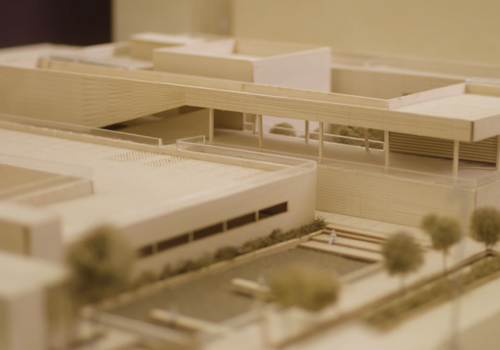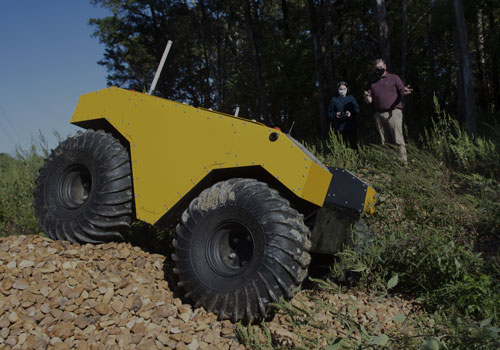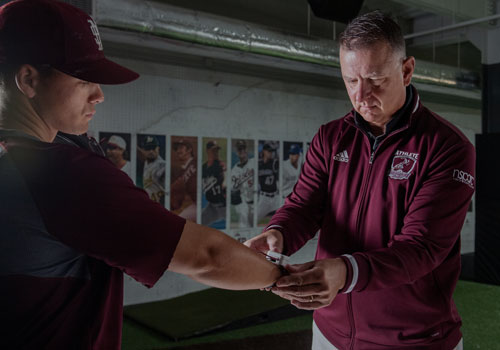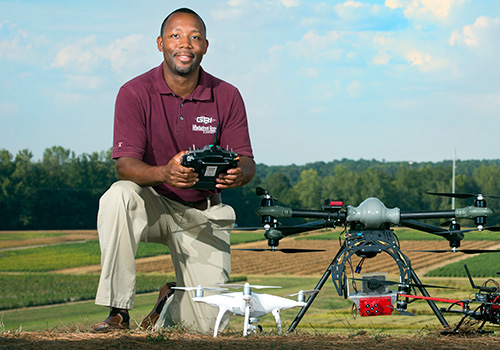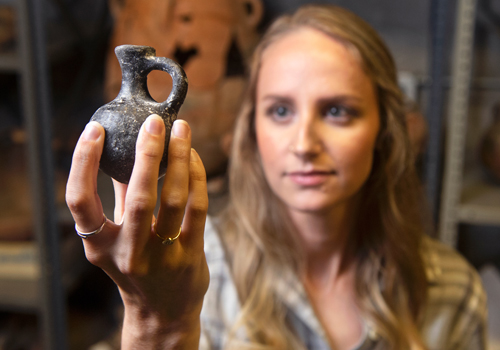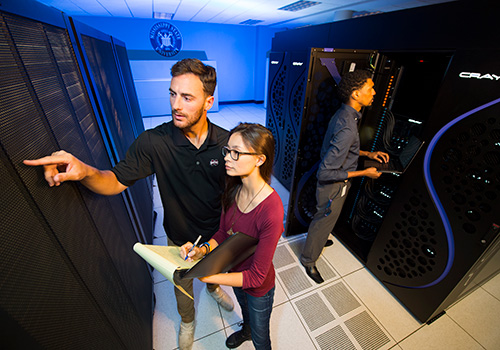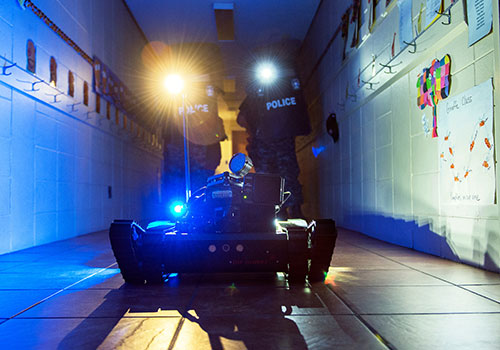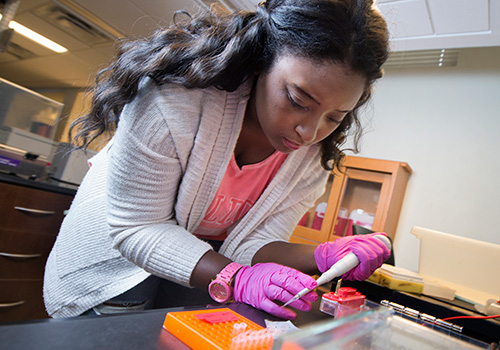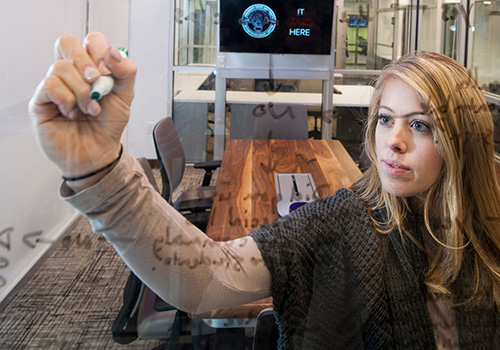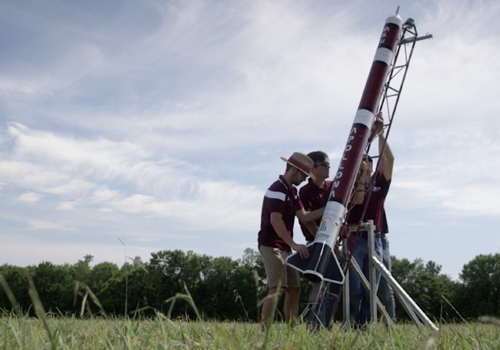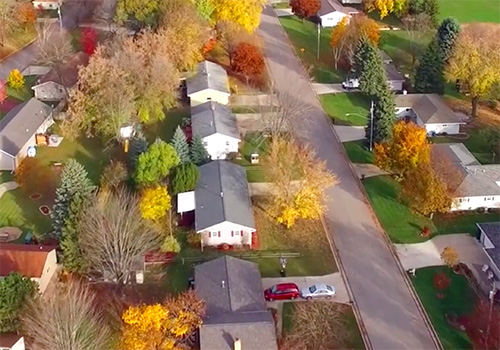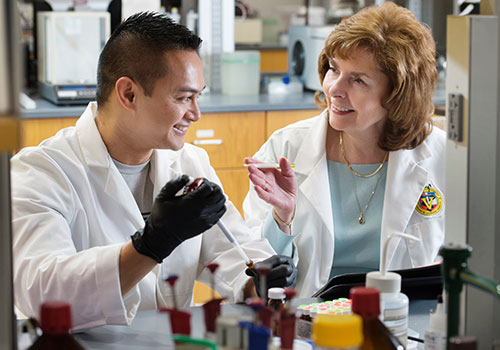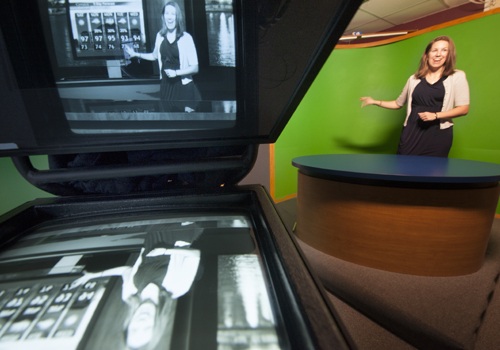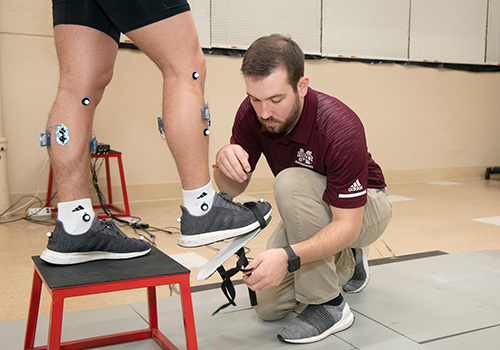MSU provides students a full range of archaeological research, including basic cultural and historical investigations, field excavations, laboratory analysis and report preparation, as well as cultural resource management and public archaeology. Students have the opportunity to apply learnings by helping businesses, municipalities and government agencies understand and comply with cultural and environmental laws and regulations.
Archaeological exploration in the Middle East is part of the Cobb Institute’s mission. It helps expand students’ extensive study of more familiar, local societies in Mississippi and North America where Native American cultures are the primary focus.
Local study and studies abroad help prepare students for careers with museums, government agencies, human services organizations and international research opportunities.










